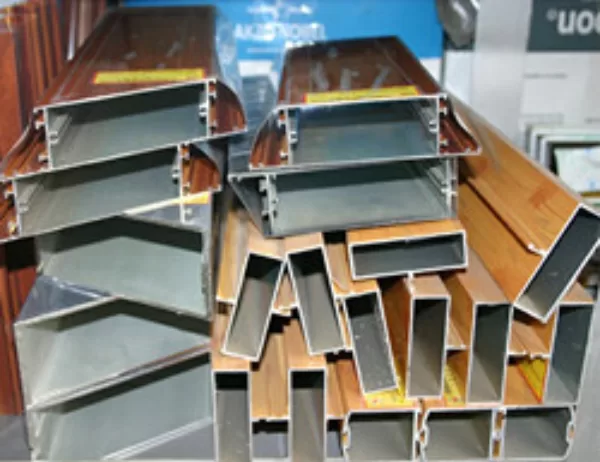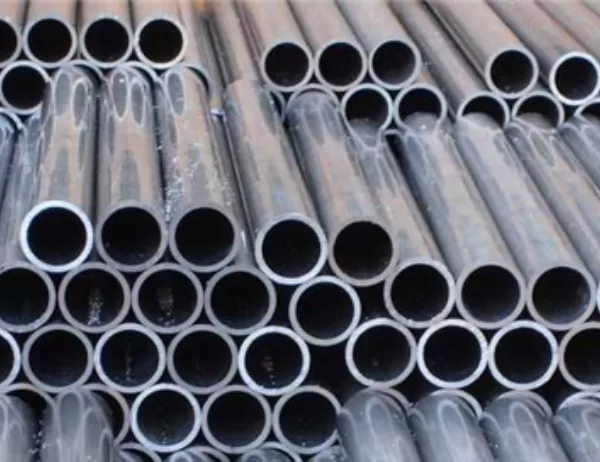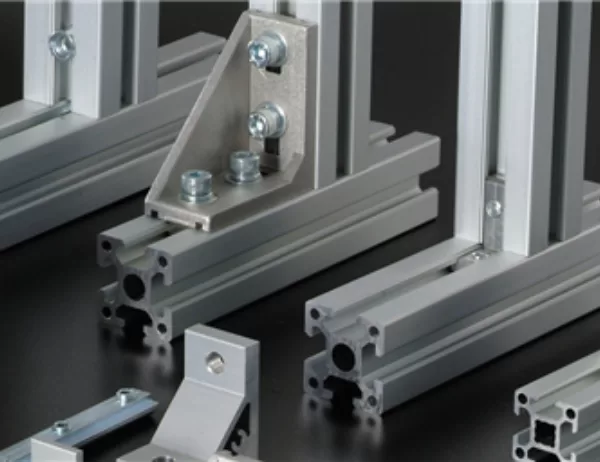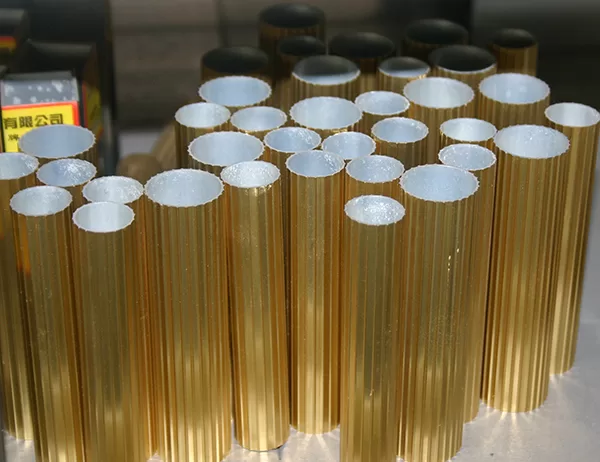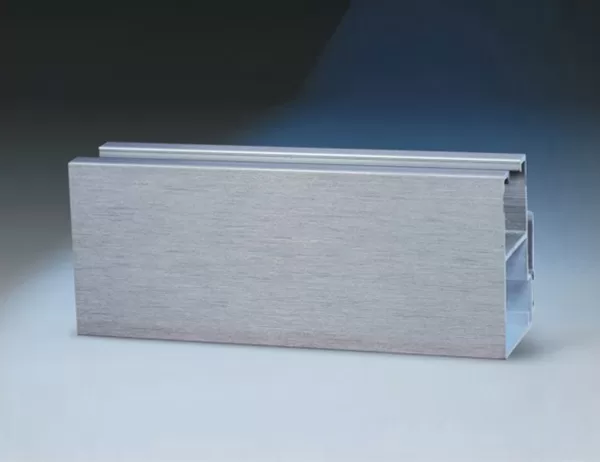The article “Aluminum Alloy Pipes in the Oil and Gas Industry: A Deep Dive” delves into the versatile applications and benefits of aluminum alloy pipes in the demanding oil and gas sector. This comprehensive exploration examines the properties, advantages, and limitations of these pipes, highlighting their critical role in various aspects of the industry.
Aluminum alloy pipes possess unique characteristics that make them well-suited for harsh oil and gas environments. Their lightweight composition, with a density approximately one-third that of steel, significantly reduces weight and transportation costs. Moreover, aluminum alloys offer exceptional strength-to-weight ratios, enabling pipes to withstand high pressures and temperatures. The corrosion resistance of these alloys makes them resistant to the corrosive nature of oil and gas fluids, ensuring longevity and reliability.
The use of aluminum alloy pipes in the oil and gas industry offers numerous advantages. Their lightweight design facilitates easier handling, installation, and maintenance, minimizing operational costs. The corrosion resistance of these pipes reduces the need for costly coatings or cathodic protection, leading to significant savings. Additionally, the smooth interior surface minimizes flow resistance, enhancing fluid flow and reducing energy consumption during transportation.
Aluminum alloy pipes find extensive applications throughout the oil and gas industry. They are commonly used in pipelines for transporting crude oil, natural gas, and refined products. Their resistance to corrosion and pressure makes them ideal for subsea pipelines, where harsh conditions and high pressures are encountered. Furthermore, these pipes are employed in drilling equipment, such as drill pipes and drill collars, due to their durability and ability to withstand the rigors of drilling operations.
Despite their numerous advantages, aluminum alloy pipes also have certain limitations. The higher cost compared to steel pipes can be a concern, especially for large-scale projects. Additionally, the use of aluminum alloys requires special welding techniques and trained personnel to ensure proper installation and maintenance. Corrosion resistance can be compromised in certain environments, particularly in the presence of acidic gases or chloride ions.
“Aluminum Alloy Pipes in the Oil and Gas Industry: A Deep Dive” provides a comprehensive analysis of the applications, benefits, and limitations of aluminum alloy pipes in the oil and gas industry. The unique properties of these pipes, including their lightweight, strength-to-weight ratio, and corrosion resistance, make them a valuable asset in various aspects of the sector. However, factors such as cost and potential corrosion concerns should be carefully considered during selection and installation. With proper design and maintenance, aluminum alloy pipes continue to offer reliable and efficient solutions for the transportation and handling of oil and gas.
